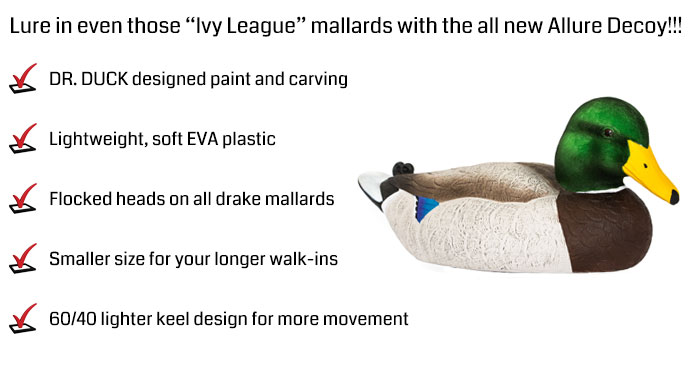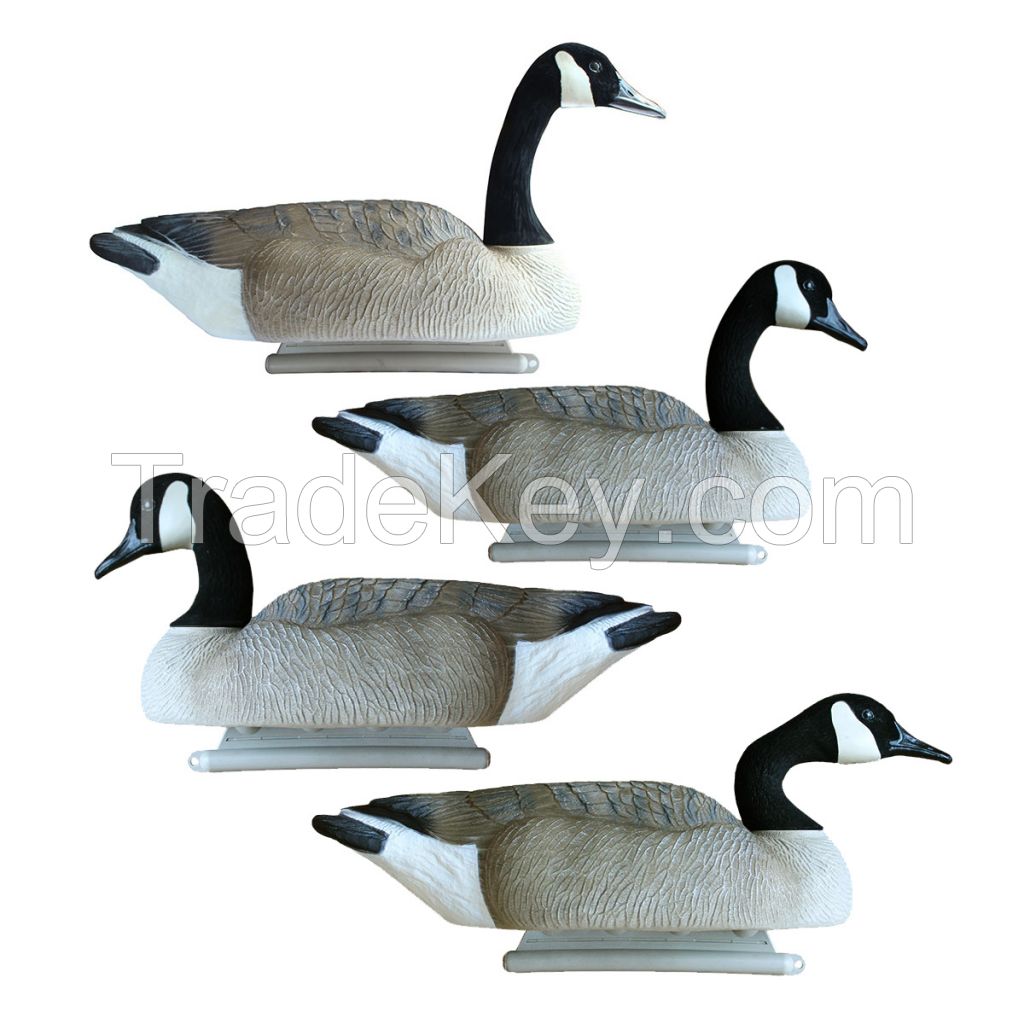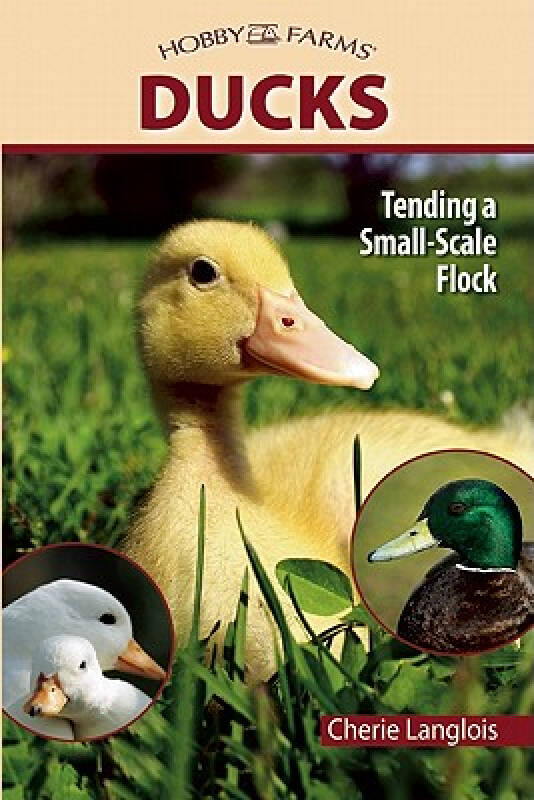Title: The Difference in Moisture Resistance between Duck and Goose Down Comforters
Duck and goose down comforters are both popular choices for those looking for a warm and comfortable sleeping experience. However, there is a significant difference in moisture resistance between the two. Goose down comforters are much more resistant to moisture than duck down comforters. This is because goose down has a higher oil content and a more tightly-packed structure than duck down. As a result, goose down comforters are able to better absorb and release moisture, providing a more stable and comfortable sleeping environment. While duck down comforters are also warm and comfortable, they may not be as good at regulating moisture as goose down comforters. Therefore, if you live in an area with high humidity or are prone to sweating, a goose down comforter may be a better choice for you.
When it comes to keeping warm and comfortable during colder weather, duck and goose down comforters are both excellent choices. However, there are some key differences between these two types of comforters that you should be aware of, particularly when it comes to moisture resistance.

Firstly, let’s talk about duck down. Duck down is typically less expensive than goose down and is often used in lower-end comforters. While it provides good insulation and is relatively easy to find, duck down is not as durable as goose down and may not last as long. One of the main drawbacks of duck down is its poor moisture resistance. When exposed to moisture, duck down quickly becomes saturated and loses its insulating properties. This can make it uncomfortable to sleep under, especially during colder weather.
On the other hand, goose down is much more expensive than duck down but provides superior performance in terms of moisture resistance. Goose down has a higher fill power than duck down, which means it has more air pockets to trap heat and provide insulation. These air pockets also help to resist moisture penetration, making goose down comforters much more durable and long-lasting.

Another key difference between these two types of comforters is their odor absorption capacity. Goose down has a much lower odor absorption capacity than duck down, which means it is less likely to absorb sweat or other bodily fluids. This makes goose down comforters easier to clean and maintain, as well as more hygienic for sensitive skin.
When it comes to purchasing a new comforter, it is important to consider your budget and your specific needs. If you live in an area with high humidity or are prone to sweating at night, then a goose down comforter may be a better choice for you. On the other hand, if you are looking for a more budget-friendly option or don't have particularly demanding sleeping conditions, then a duck down comforter may be a more suitable choice.

In conclusion, both duck and goose down comforters have their own advantages and disadvantages. While duck down is less expensive and provides good insulation, it has poor moisture resistance and a higher odor absorption capacity. On the other hand, goose down is more expensive but provides superior moisture resistance and a lower odor absorption capacity. When making a purchase decision, it is important to consider your budget as well as your specific needs to ensure that you find the most comfortable and durable option for you.
Articles related to the knowledge points of this article:
Ruians Finest Down Comforter Home Textile Factory
Can a cats fur keep out the cold like a down blanket?
DIY Feather Duvet: A Step-by-Step Guide
Live Streaming of Quality Down Comforter Processing at Integrity Down Comforter Factory



